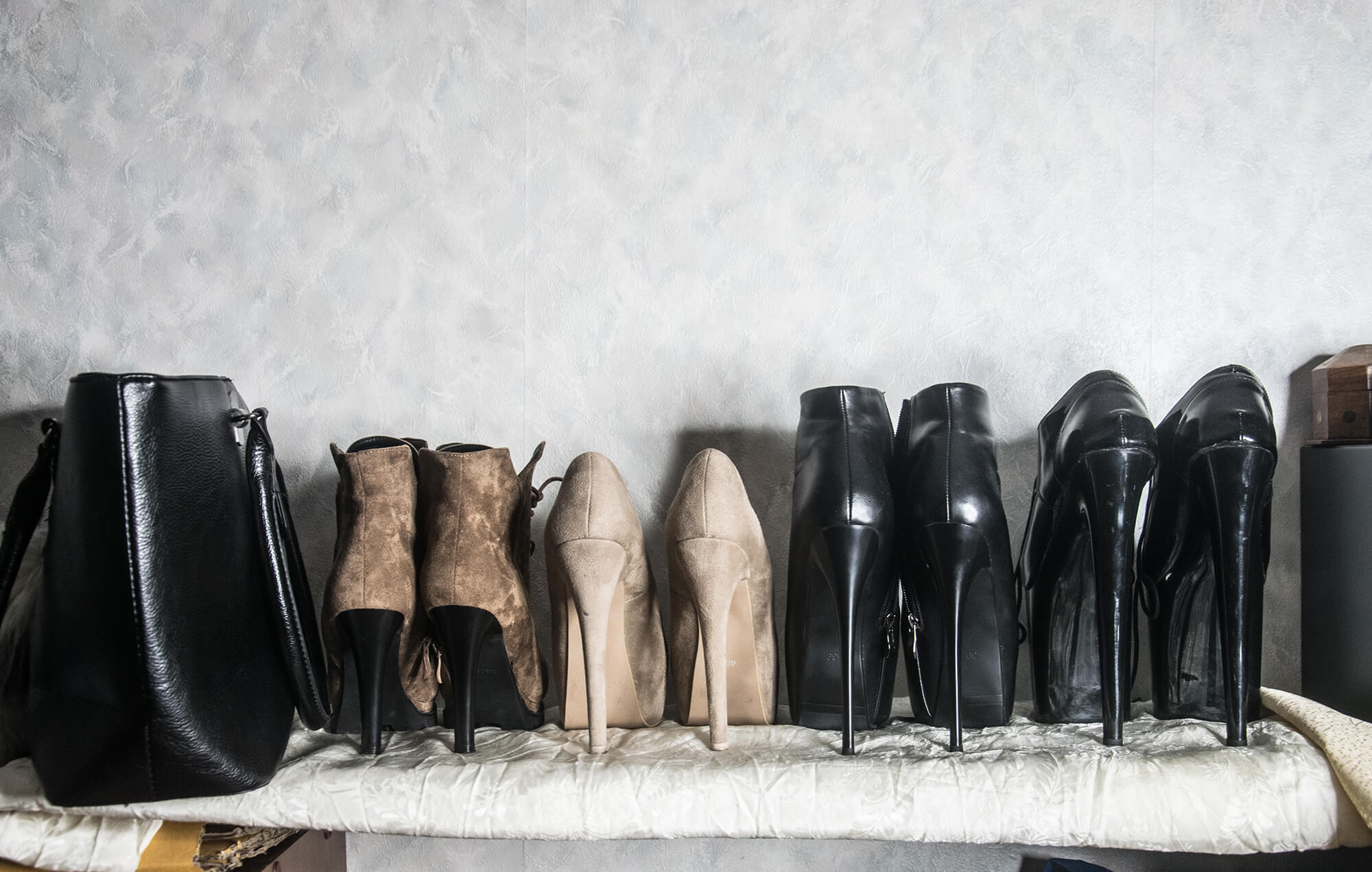“If We Call the Police, They Laugh at Us”
This article describes the problems that are faced by LGBT people in the south of Kyrgyzstan. It tells about their safety, queer community’s integration with the conservative society, about their experiences and difficulties in accepting themselves, and society’s view on them.
[playht_player width=”100%” height=”90px” voice=”en-US-ElizabethNeural”]
Content warning: sexual assault, transphobic violence.
*The names of our heroes have been changed to protect their safety.
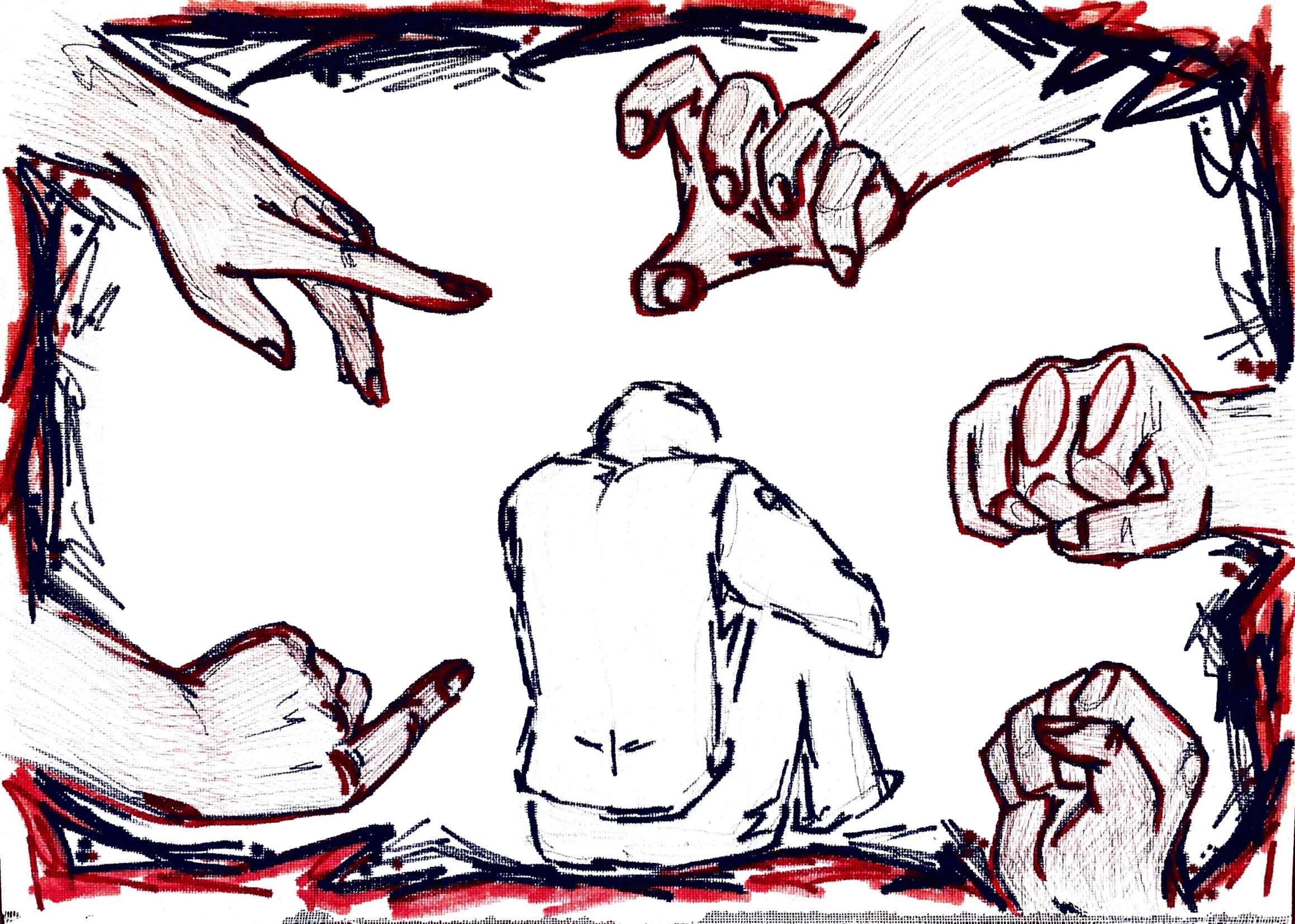
“I had been bullied for being friends with girls for 11 years. It makes me think a lot and it hurts me. When I was one year old, my parents divorced and I was left with my grandmother. She raised me. I did not go out much. I did only girls’ work at home. I did laundry and cleaned the house and at the same time I wanted to play with girls”.
“I went through a lot of difficulties. I was raped in a car. I was 17 years old. I went to school when I was 6, so it was the year I finished school. I lived in the village and worked in the city. One evening I caught a taxi to go home. He (a taxi driver) was talking about everything on the way, when he stopped the car and abused me. I was terrified. I was too young to resist. I wanted to take a picture of his documents and report him to the police. Unfortunately I did not manage to do it because he saw me taking pictures. He took me to his friend and said that he had caught “a gay”. They said that I was too young to be out alone,” says Ulan.
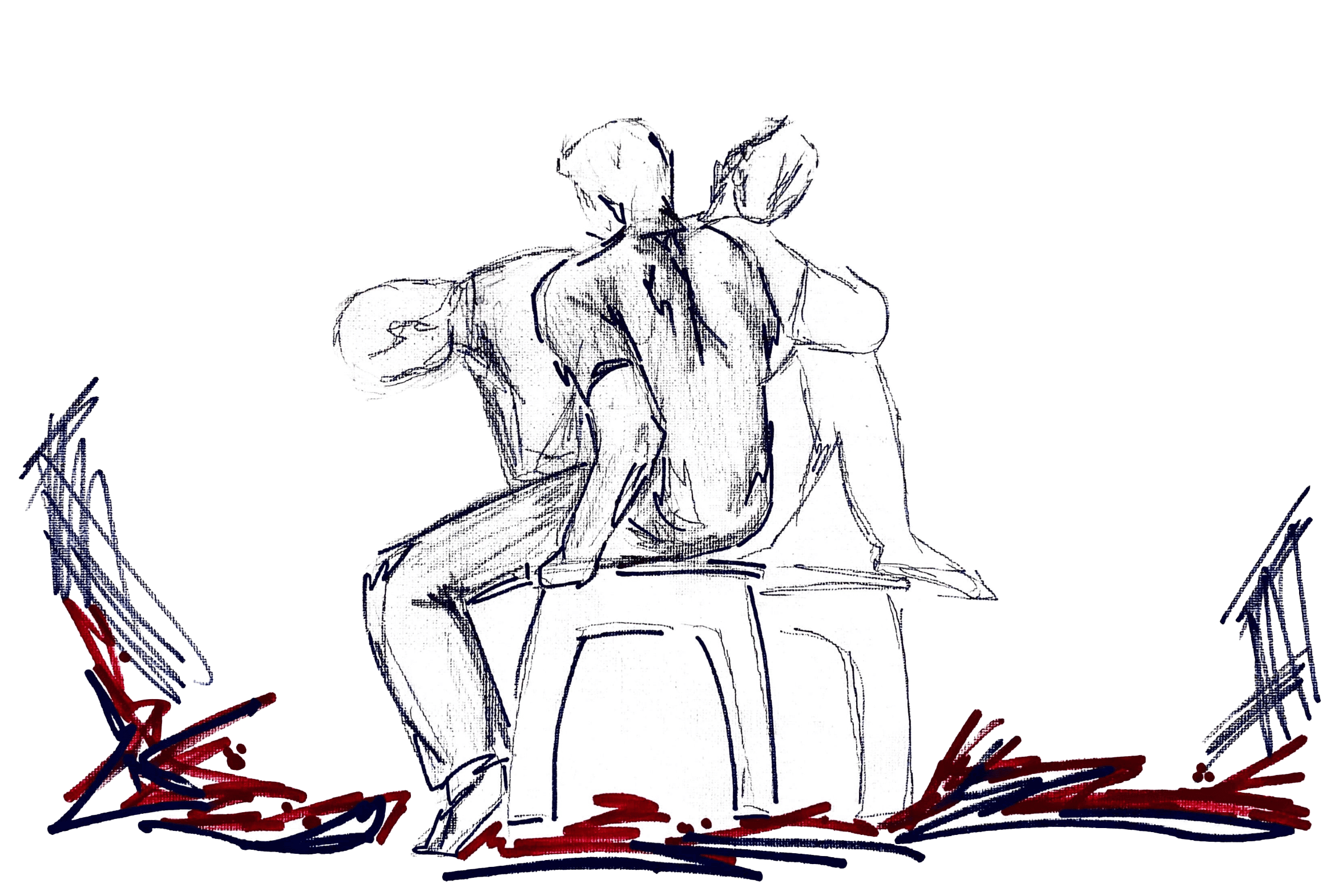
Our hero says that this experience made him afraid. He escaped from the captors in the middle of the night and asked for help in one of the cafes and hotels in the city. The girls who worked there helped him. They recommended some doctors and found an apartment in the city. They offered to call the police. However, Ulan was against it because he was too scared that his family, relatives, friends and the public would find out.
“Although I had heard the word “gay” before, I did not fully understand it. Through reading and learning about LGBT people, I accepted that I am gay. But sometimes I wonder why I was not born as an ordinary person. I hated myself and wanted to commit a suicide. These thoughts still follow me. When I go to my village, I take off my earrings. Of course it hurts. People in the city more or less began to understand, but not in the countryside. For example, my younger sister asks why I do manicure, she says that it is for girls. I explain that we should not meddle in other people’s affairs, that everyone has personal boundaries and people should not be divided into girls and boys.”
“They keep talking behind your back. I am afraid for my safety.”
Ulan adds that he is being discriminated against in public. He says that he gets annoyed when people in public places openly ask him why he wears earrings .
“I am very afraid of conflicts. I have been hit hard three or four times in my life by my brother and by other guys. I cannot defend myself so I try to avoid conflicts. In most cases we are discriminated against by men and women over 20. I don’t believe the police can protect me. People in Osh stigmatize us because they do not consider us human beings. I was in severe pain and depression for 2-3 months”.
“Only after 3 years, I began telling my story so that others would know and understand it. I started sharing after I had lived in Moscow for 2 years. It is difficult. Now my childhood traumas are back. I am getting treatment. I would tell others that if their parents are supportive, share with them, ask for help and don’t leave it as I did. I wish the country was a developed one and people accepted people like us. I do not want people to discriminate against us. I do not want to leave my country and go to Europe to feel secure and freely walk in public. Foreigners treat us well compared to people in Kyrgyzstan who keep asking if I am a girl or a boy. I want everyone to be busy with their own lives. If a group of guys see me walking alone, they start asking questions, I ignore them. I don’t think those people will change,” concluded Ulan.
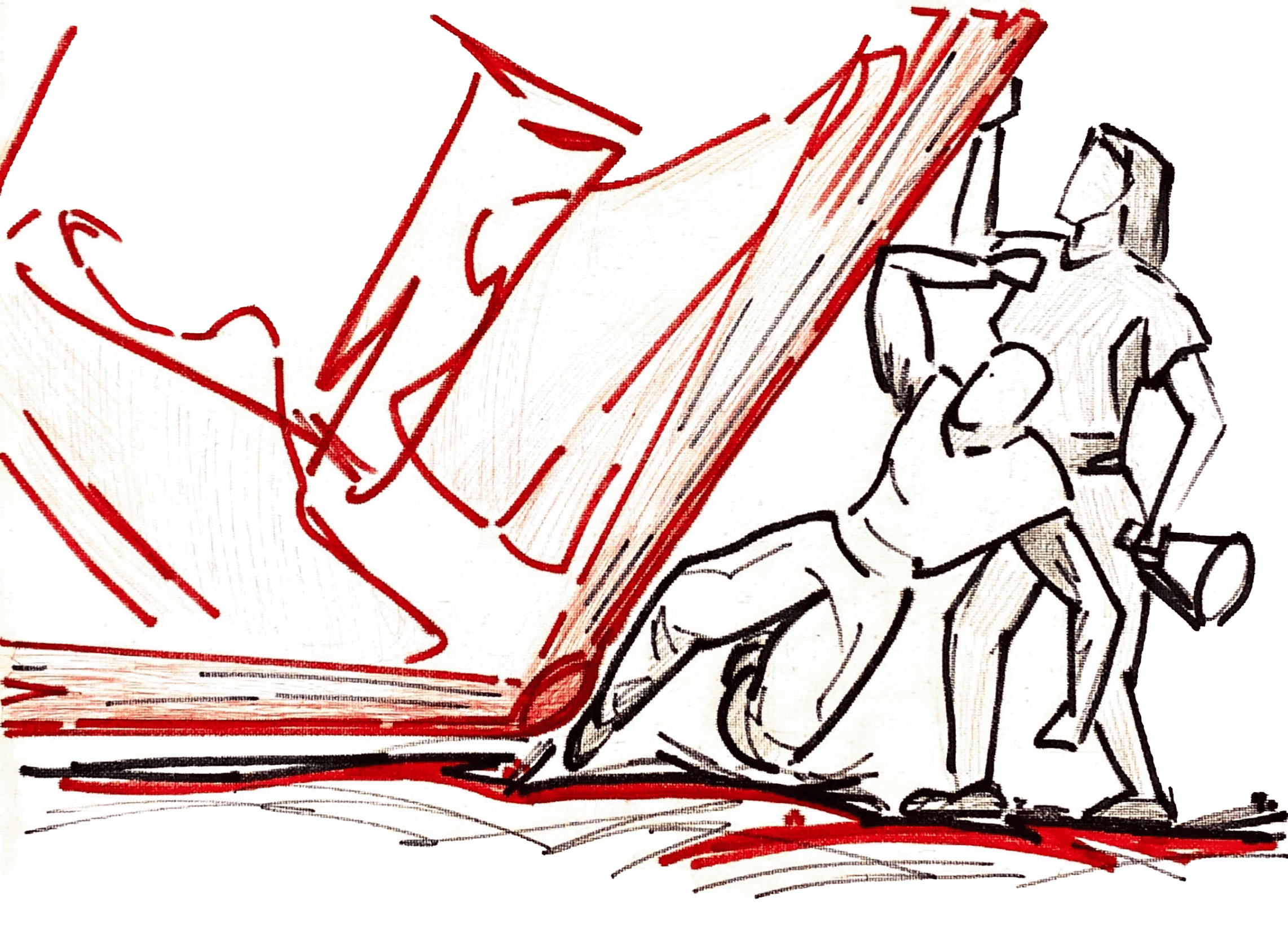
“It was hard to accept myself”
Zarina was born in Jalal-Abad. She is a trans* rights activist who gives juridical and medical assistance.
“Ever since I was 12-13 years old I knew something was different but I could not understand. At the age of 16-17, when I was finishing the 9th grade, I read about gender identity online and talked about it to some of my acquaintances. Even though I was born male, I felt that I was a girl.
“In my opinion, knowing your orientation is one thing and accepting it is another. After discovering my orientation, accepting myself was difficult. I started transitioning when I was 22-23 years old. I began dressing up, putting on makeup and having sex. But I still cannot say that I have found myself, I still have questions. When I began my way towards finding myself, no one gave me a hand,” says Zarina.
“Because of my uniqueness, I was harassed and beaten several times”
Zarina was beaten several times in Osh, Bishkek and Jalal-Abad. There have been incidents when people threatened her with a gun. People came to her home, beat her and called the police. However, she says that she does not want to remember them and notes that the life of trans* people is full of danger. Each of them emphasizes that they have to live in secret.
“There was a situation in Moscow when homophobes entered my apartment and beat me because they did not like my job”.
“When I first came to Osh from Jalal-Abad, several men followed me to my apartment. A similar attack also happened in Bishkek. Actually, it is more difficult for trans* people to live in Osh rather than in Bishkek. I know it from my own experience. If we call the police, they laugh at us. They believe that people like us should not live. Even now I am afraid to go out. What makes me even more upset is that not only men but also women do not tolerate us. Girls want us to use the men’s restroom instead of the women’s,” Zarina says.
After she had faced a lot of difficulties in her life, she decided to help citizens like her. At present the public receives mostly negative information about them. She adds that this is not something new, there are 50-year-old trans* people who have children.
“In 2014-2015 I was followed by the police. I locked my apartment door. When I looked through the window, there were police officers there. I came to Bishkek together with lawyers. When I worked as a sex worker, there were situations when I had police officers as clients. They hit me and took my money. I made a complaint to the police and one of them was taken from his position. It was very difficult. When I wanted to report about one of the incidents in Osh, the police officers themselves mocked me, asking why would a trans* person ever want to make a complaint.
“A lot of things happen because of gender identity. If you want the police to come, you have to call them 5-6 times. They come but they can tell everyone about your identity. I do not want to ask them for help because I do not trust them even if they have to protect our rights,” she says.
Zarina says that she does not share her life with anyone, because her close people have betrayed her several times. She only believes in herself. She meditates five to six hours a day. She wants people like her to be treated with understanding. She wishes that people would accept each other regardless of their differences. She also protects the rights of people like her no matter what and provides free help so that others do not face the difficulties she has had. She is not sure that the life she wants will come soon. However, Zarina ended her speech with tears of hope.
In Kyrgyzstan, it is risky to express gender identity and sexual orientation beyond heteronormative standards. In the public sphere, they are presented as the result of Western efforts to undermine “traditional values”. In April 2023, the country’s parliament once again returned to the discussion of the ban on the dissemination of information about “non-traditional sexual relationships” in the media and also proposed to restrict the organization of peaceful assemblies on this topic. Already today, LGBTIQ+ people face physical, psychological, economic violence and the inability to fully realize their rights – systematically and at all levels, from family to state structures. If the new bill is passed, the situation of queer people in the country will become even less safe.
Editor’s update: In August 2023, the bill against “LGBT propaganda” was passed in Kyrgyzstan.
Illustrations by Nurperi Orunbaeva, translated by Liana Abdibalieva
Read more articles from the Issue
Nothing Found

“In Prison, They Named Me Rayhon”
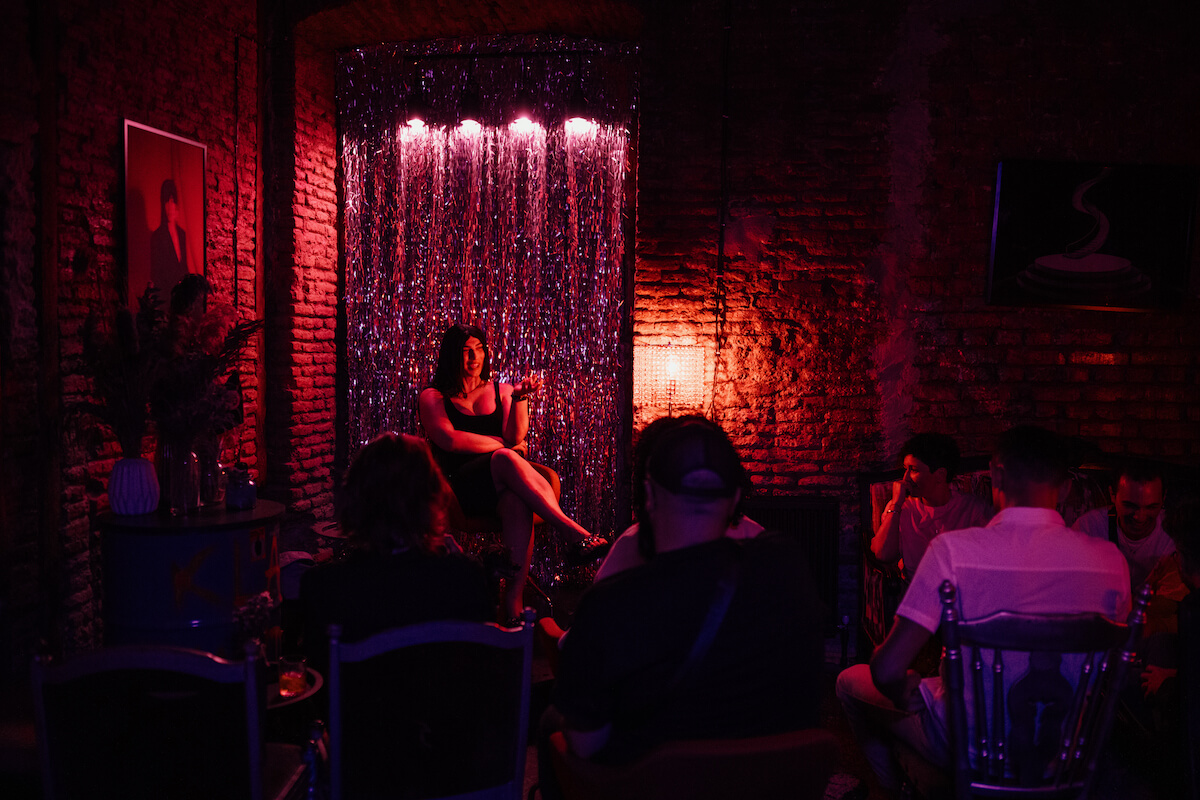
From Street Violence to Stand-Up Scene
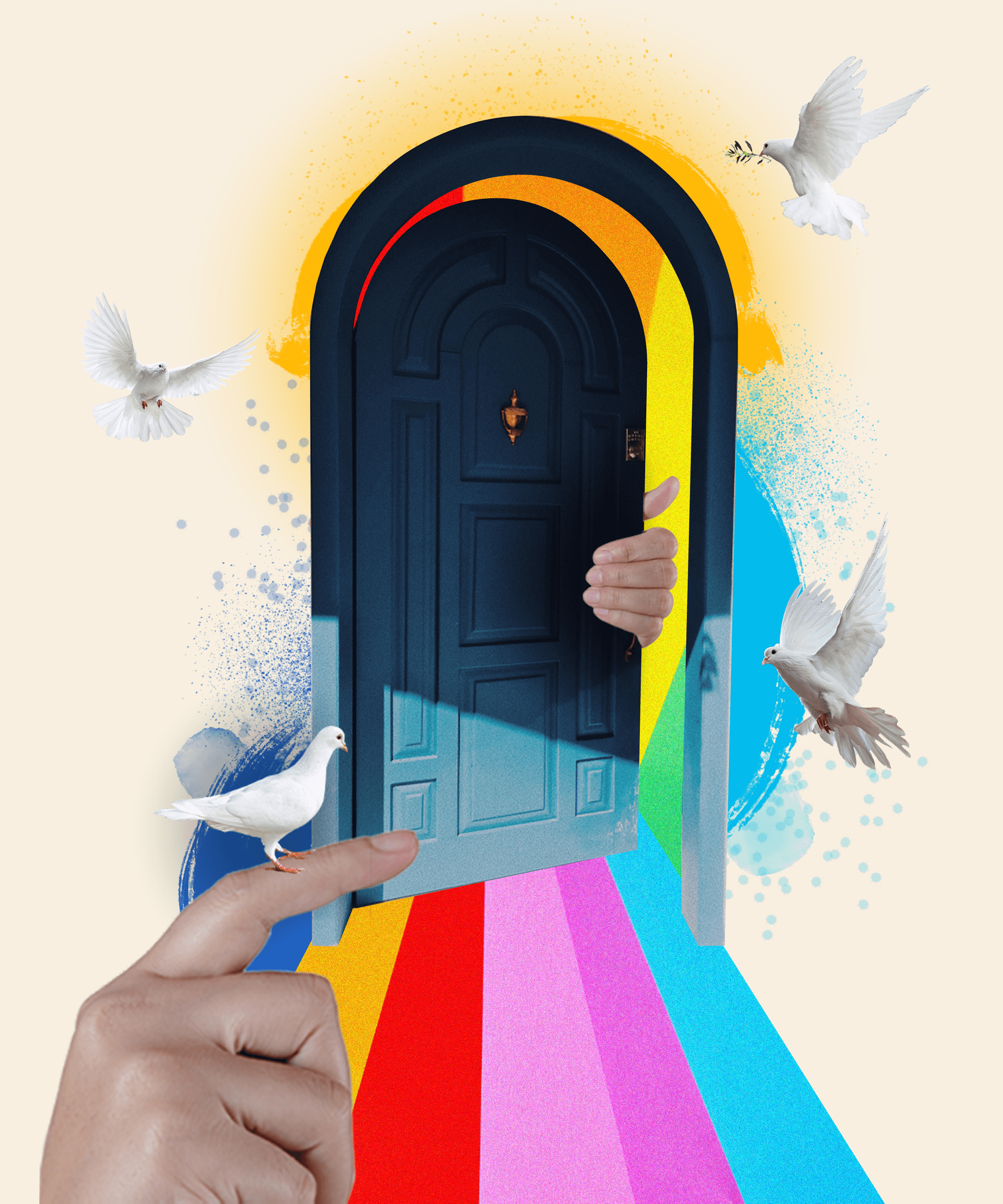
“The Most Important Thing For Me Is That My Son Is Happy”
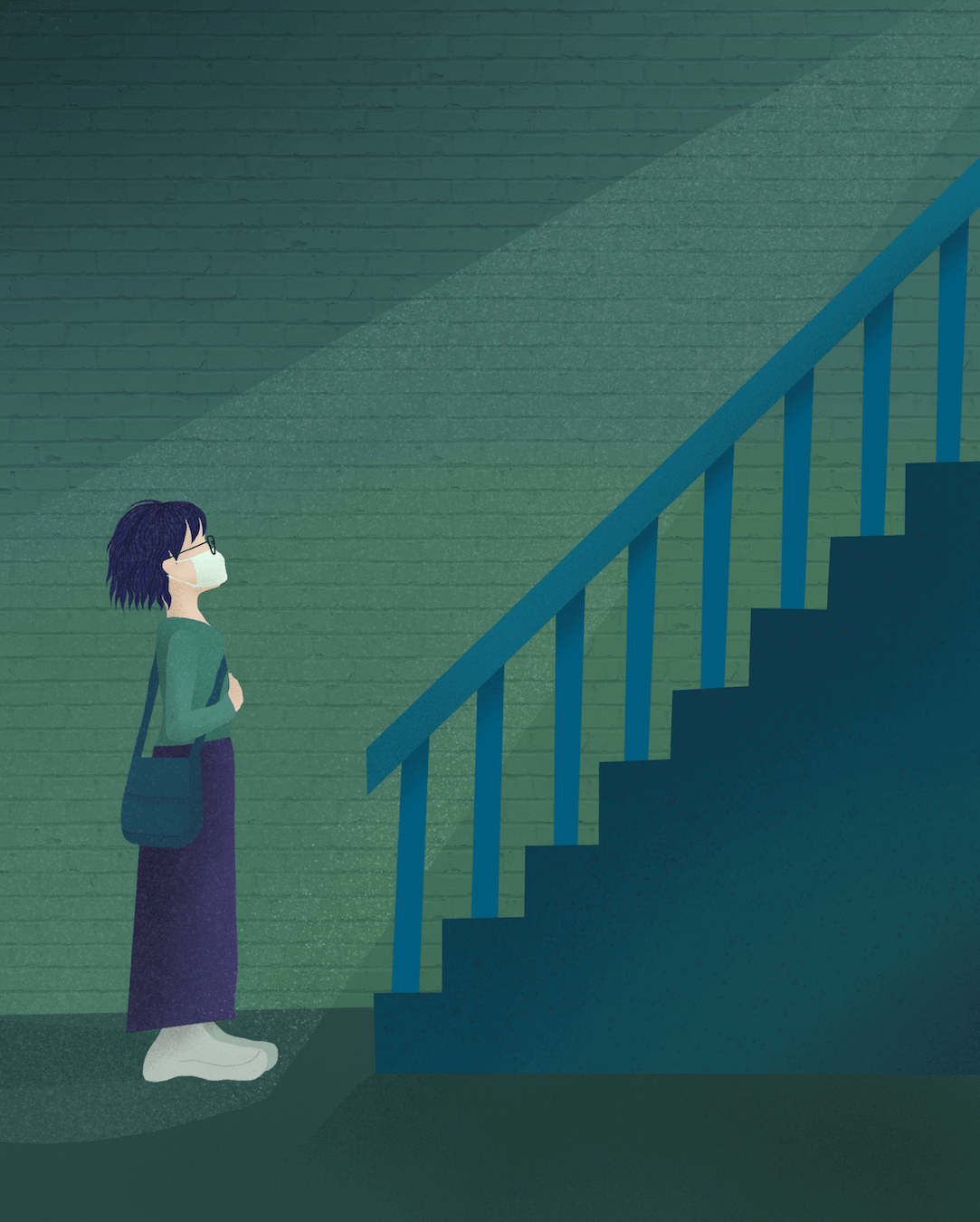
“There Are Things One Doesn’t Choose”
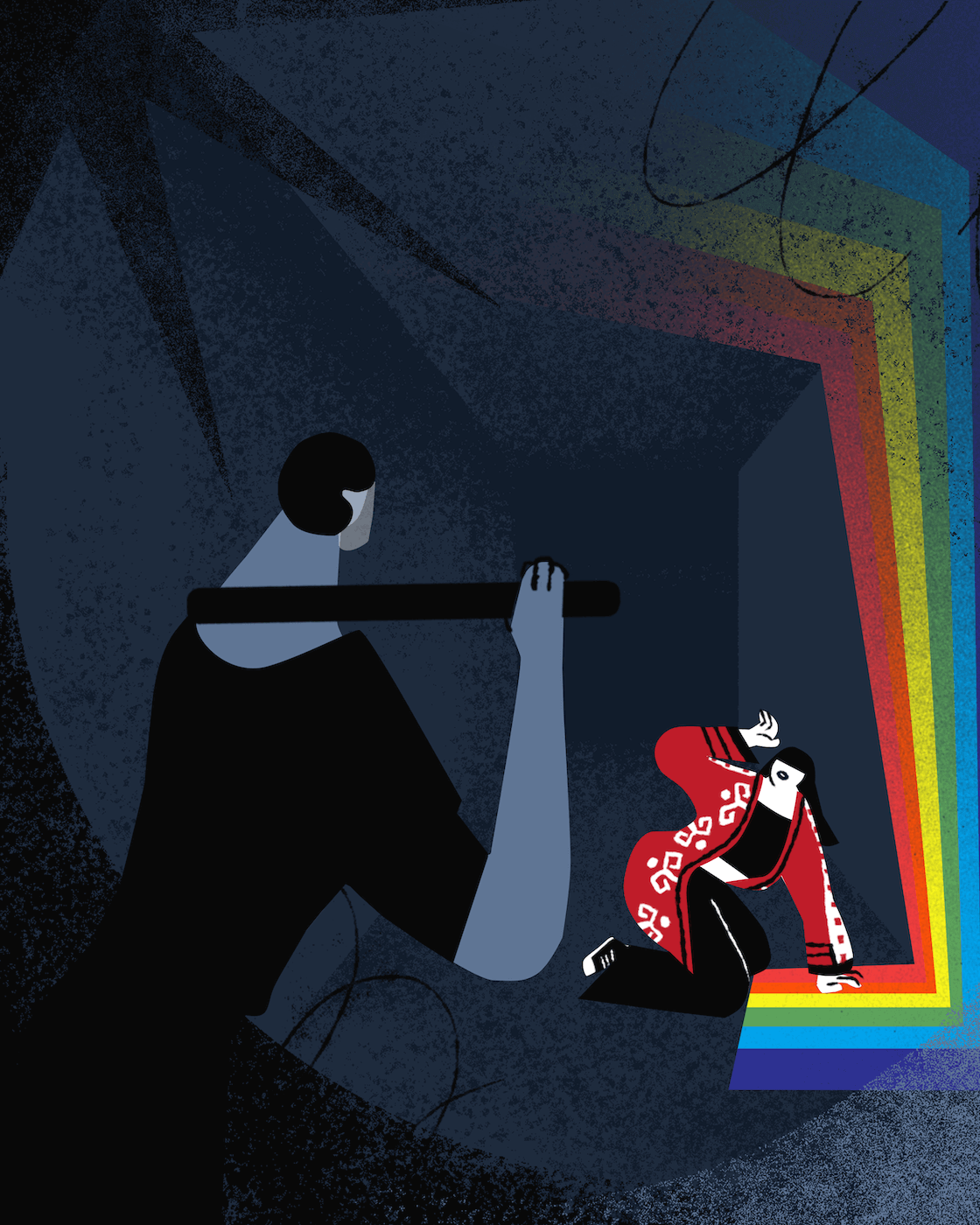
“I Was Told I Had Disgraced Kazakhstan”

I Am Queer, but Am I Safe?

“If Your Protesting Hand Gets Tired, I’ll Be There To Take It”
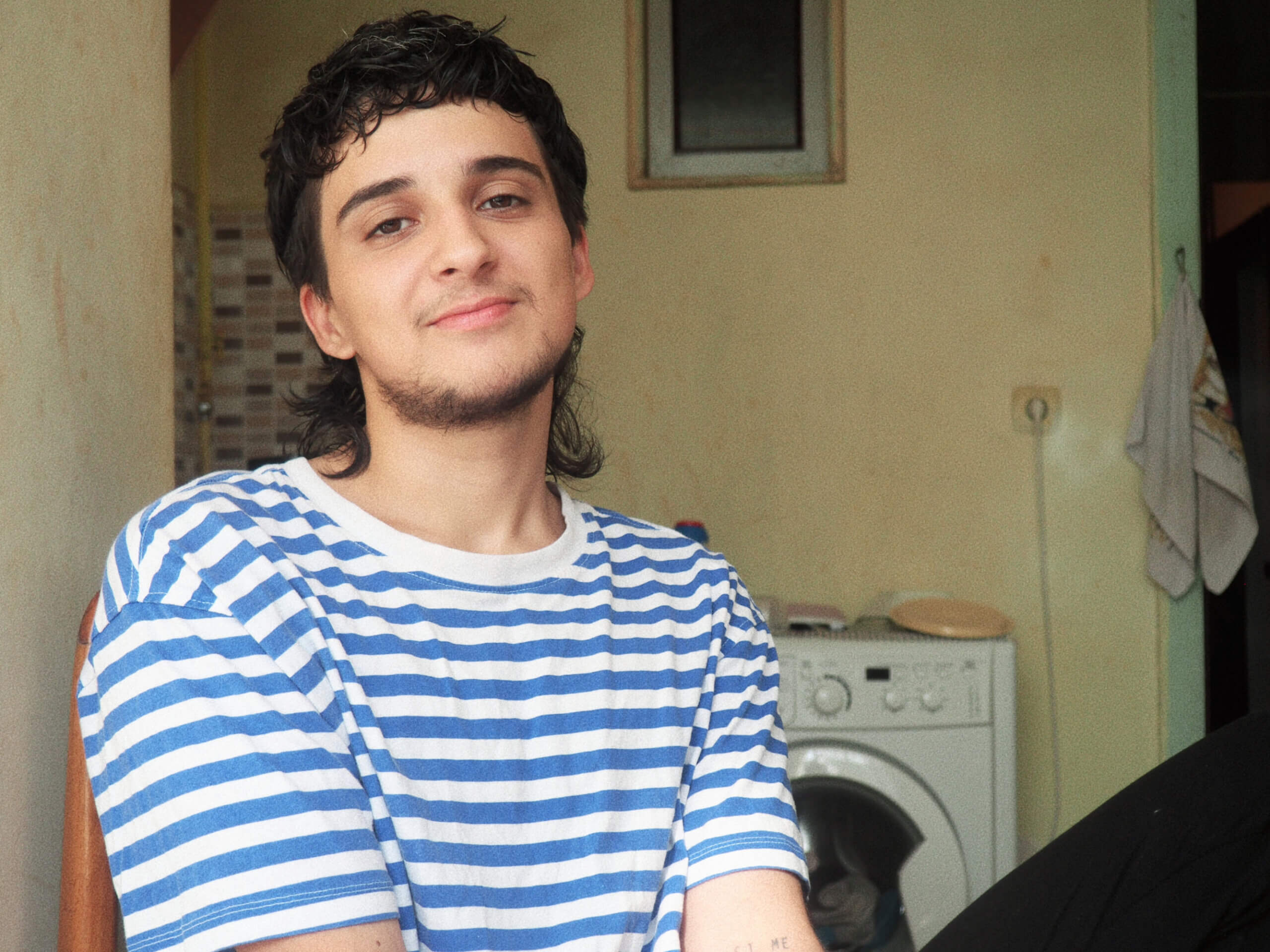
Trans Solidarity Against Bigoted Institutions
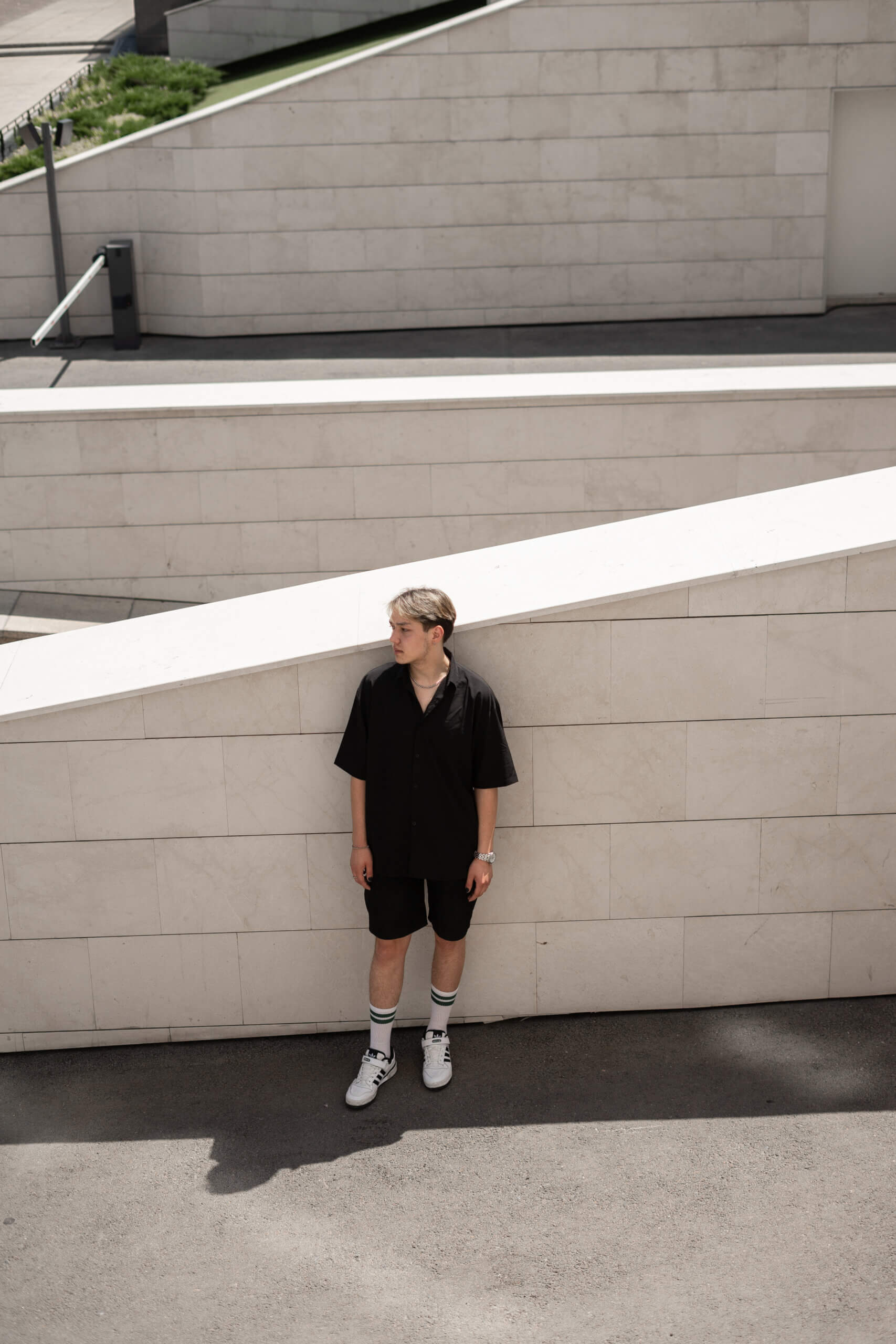
“I Gave Up a Lot To Be Who I Am”

Influence

In Armenia, Trans Community Faces Fear, Neglect
